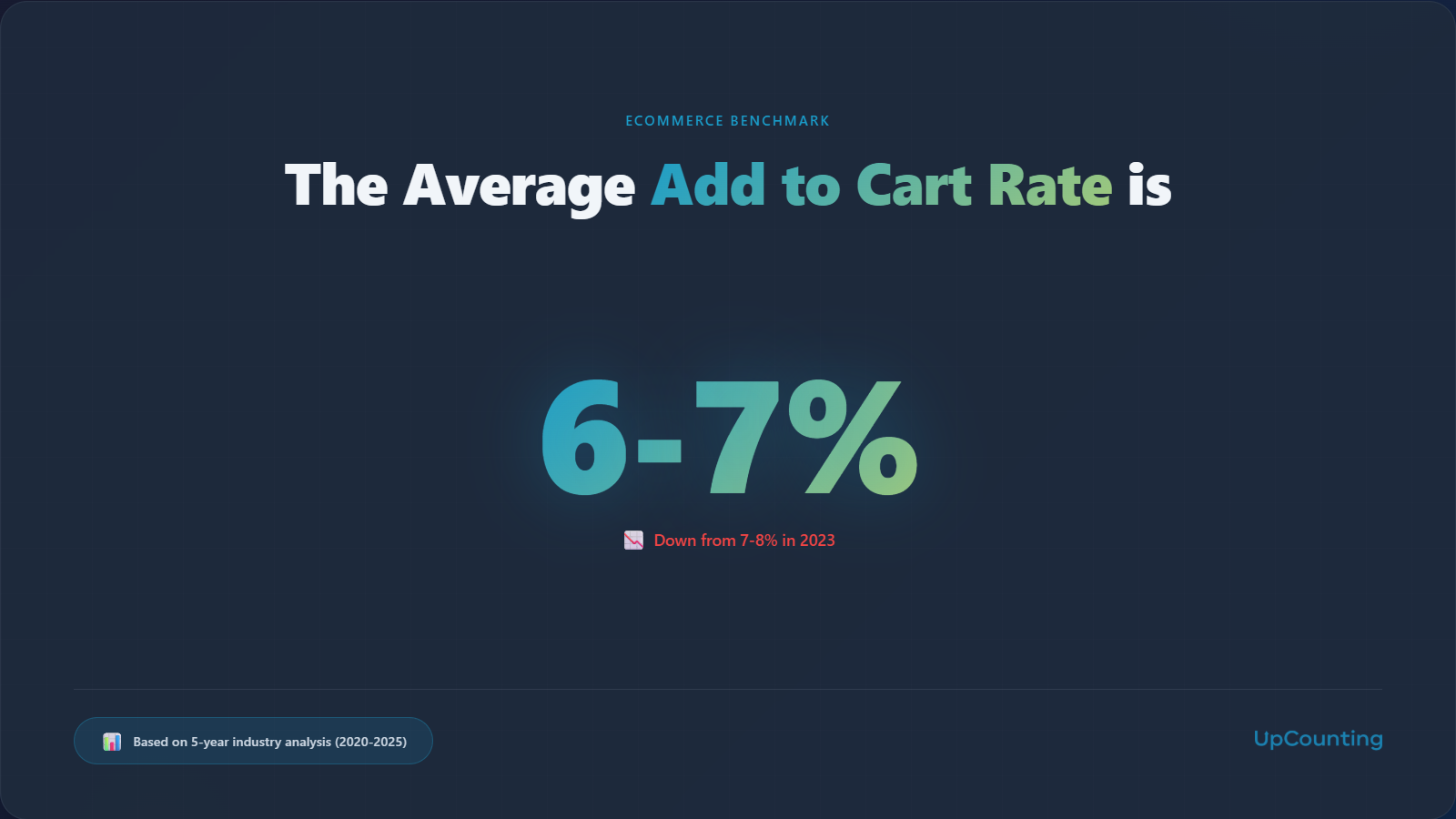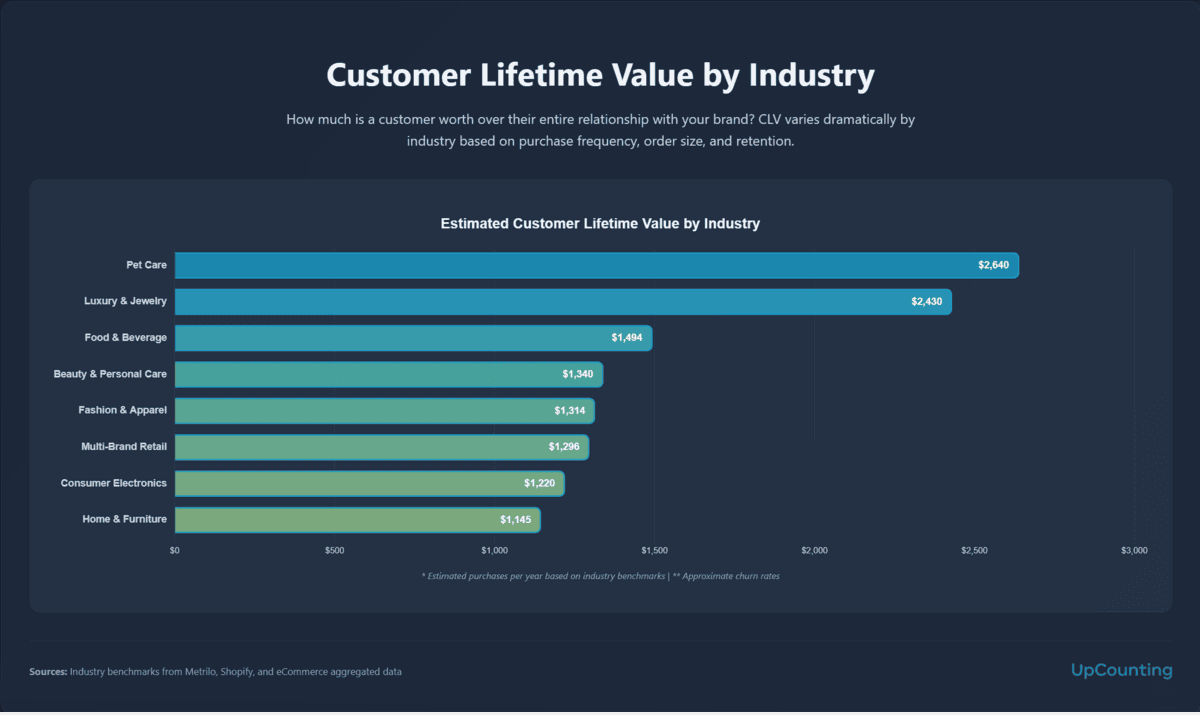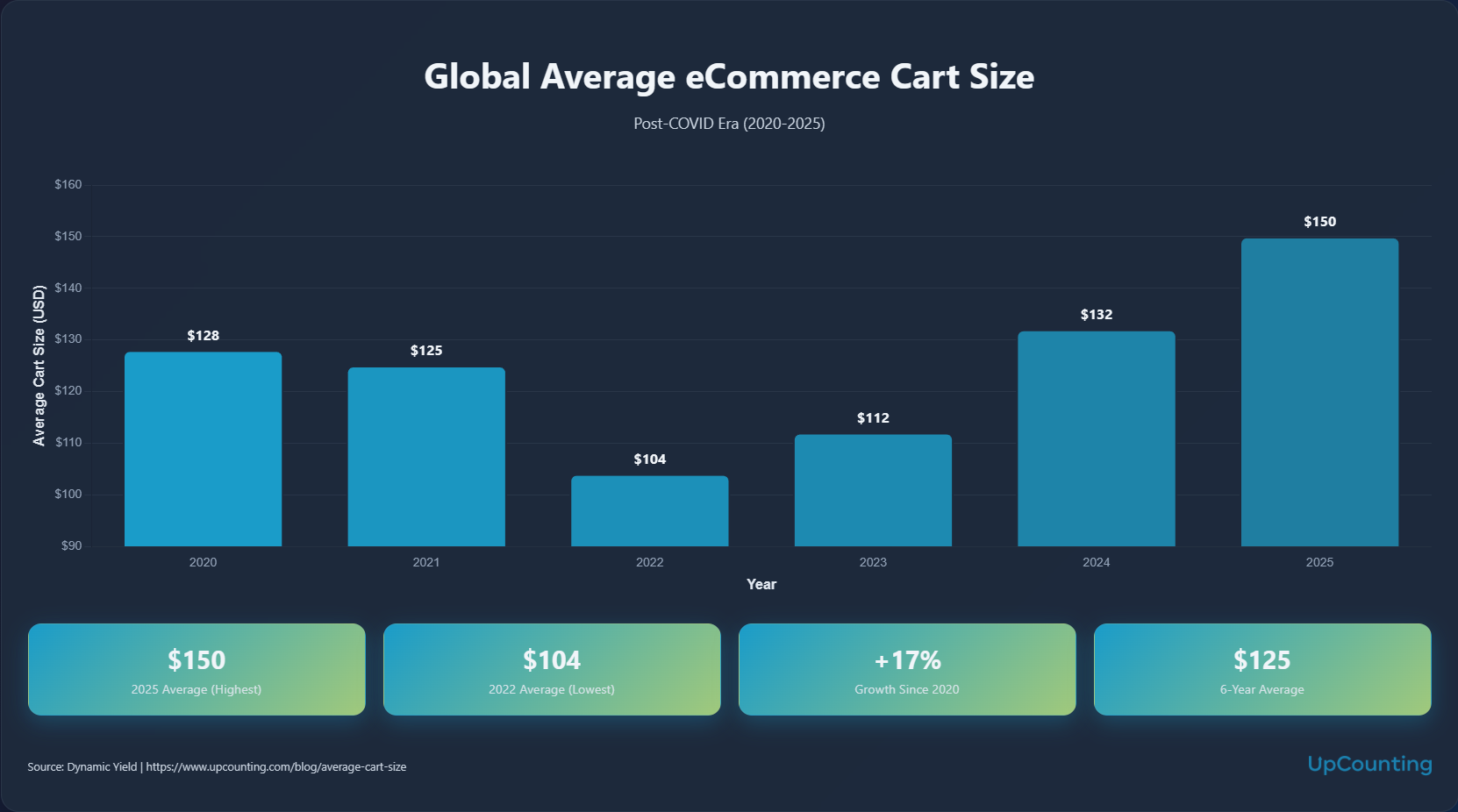If you’re running a Shopify store, then it’s important to understand the basics of Shopify accounting. Shopify offers a great platform for online stores, but it’s also important to make sure that you’re keeping track of your finances and staying compliant with tax laws.
In this guide, we’ll go over the basics and show you how to keep your books in order. We’ll also discuss some of the most popular accounting software options for Shopify owners. Let’s get started!
What is Shopify accounting and why is it important?
Shopify accounting is the process of tracking and managing the financial transactions of a Shopify store. This includes recording sales, expenses, and other financial activity, as well as preparing and filing tax returns. Proper accounting is important to maintain accurate records of a store’s finances, comply with tax laws, and make sound business decisions.
There are a few different aspects to consider when it comes to accounting for a Shopify store:
– Financial transactions: This includes recording sales, expenses, and other financial activity.
– Tax compliance: This involves collecting taxes, as well as preparing and filing tax returns.
– Business decision-making: This uses financial information to make decisions about the business, such as pricing, inventory, and marketing.
Let’s take a look at each of these in more detail.
Financial transactions
When it comes to Shopify, one of the most important things to track is your store’s financial transactions. This includes recording sales, expenses, and other income. Sales should be recorded to track revenue and calculate taxes owed. Expenses should be tracked to keep track of where money is being spent and to ensure that business expenses are tax-deductible. Other income, such as interest or rental income, should also be recorded.
Tax compliance
Another important aspect is tax compliance. This involves collecting the appropriate taxes from the right customers. It also involves preparing and filing tax returns.
It’s important to file accurate and timely tax returns to avoid penalties and interest. When it comes to preparing tax returns, it’s helpful to use accounting software that is compatible with Shopify. This will make the process of preparing and filing taxes much easier.
Business decisions
The last aspect is making sound business decisions. Financial data can be used to make informed decisions about where to invest money, how to price products, and how to manage inventory. Having accurate financial data is essential to making the best possible business decisions.
What makes Shopify accounting unique?
Shopify accounting is unique because it involves tracking and managing the financial transactions of an ecommerce business. The difference between ecommerce businesses and traditional companies is that ecommerce enterprises have different sales strategies and may conduct business with customers all around the world.
Furthermore, ecommerce businesses may have to deal with a variety of currencies and different delivery providers, which might be difficult to keep track of. When it comes to accounting for your Shopify store, all of these elements must be considered.
Overall, accounting for Shopify businesses is complicated because it demands knowledge of both accounting and ecommerce. You can better handle the financial aspect of your business if you understand the requirements of both.
What are some challenges for Shopify businesses?
Understanding and complying with sales tax regulations
Sales tax tracking is one of the biggest challenges for Shopify businesses. Depending on your business location and the type of products you sell, you may be required to collect and remit sales tax to multiple jurisdictions.
This can be a complex and time-consuming process, especially if you have customers in multiple states or countries. Not every customer will be charged the same sales tax.
Another difficulty is understanding sales tax laws. Sales tax rules are always changing, therefore it’s critical to keep up with the most recent regulations.
This may be a difficult job, but a specialized ecommerce accountant can assist you in complying with sales tax standards.
Tracking inventory levels and ensuring accurate inventory counts
Inventory management is another challenge for Shopify businesses. It’s important to track inventory levels so that you can reorder products when necessary. Furthermore, accurate inventory counts are essential to avoid overstocking or running out of products.
There are a few different ways to track inventory levels. One way is to manually count the products. However, this procedure is time-consuming and must be done correctly to avoid any errors.
Another way to track inventory levels is by using an inventory management system. This type of system can automate the process of counting and tracking inventory levels. It can also provide other features, such as the ability to generate reports and set up alerts when inventory levels are low.
Recording payments and deposits correctly
It’s important to correctly record all payments and deposits in your accounting system. This includes recording the date of the transaction, the amount, and the type of payment.
If you use accounting software, there should be a specific area for recording payments and deposits. If you don’t have accounting software, you can use a spreadsheet or other type of accounting template. Making sure that all payments and deposits are accurately recorded is essential to maintaining accurate financial records.
Failing to record transactions correctly is one of the most common accounting mistakes made by small businesses. This can lead to serious problems, such as a discrepancy between your bank statement and your accounting records, and that can spiral into losing track of your finances completely.
Preparing accurate financial statements
Another challenge for Shopify sellers is preparing accurate financial statements. Financial statements are used to track the performance of a business and make important decisions about its future.
There are three main types of ecommerce financial statements: the balance sheet, the income statement, and the cash flow statement.
Balance sheets show a company’s assets, liabilities, and equity at a specific point in time.
The income statement shows a company’s revenue, expenses, and net income over a period of time.
The cash flow statement shows a company’s inflows and outflows of cash over a period of time.
Accurately preparing these financial statements can be difficult, especially if you don’t have accounting experience.
This is why it’s important to use accounting software or hire a professional accountant to help you with this task.
Handling payroll taxes correctly
If you have employees, you’ll need to withhold payroll taxes from their wages. You’ll also need to pay state and local payroll taxes, depending on the laws in your jurisdiction.
Failing to withhold or pay payroll taxes can lead to significant penalties. This is why it’s important to understand the payroll tax requirements in your state or country.
You can use an accounting or payroll system to help you with this task, or you can outsource payroll tax preparation to a professional accountant.
What are the benefits of Shopify accounting?
Accurate records of financial activity
Shopify accounting provides an accurate record of a store’s financial activity. This includes sales, expenses, and other income. This information can be used to make sound business decisions and track the store’s financial performance.
Additionally, having an accurate record of financial activity can help resolve any discrepancies that may arise. For instance, if there is a discrepancy between the Shopify accounting records and the bank statements, accurate records can help identify the cause of the discrepancy.
Overall, accurate records are essential for any business, but they are especially important for eCommerce businesses. This is because eCommerce companies must handle a large number of financial transactions and require accurate tracking.
Compliance with tax laws
If you want to maintain good standing with the government, you must follow the tax rules. If you don’t, you will be fined or possibly worse!
Shopify accounting can assist store owners in following tax regulations by keeping track of sales, expenditures, and other financial activities. It can also help with collecting and tracking the appropriate sales taxes from customers.
This information may be used to automatically submit accurate tax returns, making the process of preparing your taxes much easier. This will also help store owners avoid penalties and interest on late or inaccurate tax returns.
Informed business decisions
As mentioned earlier, having accurate financial records is essential to making the best possible business decisions. Financial information can be used to make informed decisions about where to invest money, how to price products, and how to manage inventory.
For example, if sales are low in a certain period, then you might need to invest more money in marketing. Or, if the cost of goods is increasing, then you might need to raise prices.
Overall, informed business decisions are important for the success of any business. And Shopify accounting can help store owners make these decisions by providing accurate financial information.
Improved cash flow
Improving one’s cash flow is another benefit of Shopify accounting. By understanding the store’s sales, expenses, and other financial activity, store owners can make informed decisions about how to manage their cash flow. This might include delaying payments to suppliers or better planning around advertising expenditures.
Additionally, having accurate records can help store owners track their inventory levels. This information can be used to order the right amount of inventory, which can help save money on storage costs.
Improved cash flow is essential for any business, but it is especially important for eCommerce businesses. This is because eCommerce businesses often have a large number of small transactions that bring in their revenue. Tracking these transactions and managing cash flow can be difficult, but it is essential for the success of the business.
Increased efficiency and productivity
Another benefit of proper accounting is increased efficiency and productivity. By automating the accounting process, store owners can save time that would otherwise be spent on manual tasks. This time can be better spent on other aspects of the business, such as marketing or product development.
Additionally, automation can help reduce errors in the accounting process. This is because manual tasks are more likely to result in mistakes. Automating the accounting process can help ensure that financial records are accurate and up-to-date.
Reduced stress and anxiety
Finally, a proper accounting solution can help reduce stress and anxiety. This is because accurate financial records can help store owners understand the financial health of their business. This information can be used to make informed decisions and avoid financial problems.
Overall, better accounting is a great idea for store owners who want to reduce stress and anxiety. By automating the accounting process and providing accurate financial information, Shopify accounting can help store owners run their businesses more effectively.
What accounting methods are available for Shopify stores?
The accrual basis of accounting
The accrual basis of accounting is the most common method used by businesses. Under this method, income and expenses are recognized when they are earned or incurred, regardless of when the money is actually received or paid.
For example, if a store owner sells a product on credit, the sale would be recorded as income when the product is shipped to the customer. The payment would be recorded as an expense when it is received from the customer.
The accrual basis of accounting is the most common method used by businesses because it provides a more accurate picture of the financial health of the business.
The cash basis of accounting
The cash basis of accounting is less common than the accrual basis, but it can be used by businesses. Under this method, income and expenses are only recognized when the money is actually received or paid.
For example, if a store owner sells a product on credit, the sale would not be recorded until the payment is received from the customer.
The cash basis of accounting can be used by businesses because it’s often easier, but it does not provide as accurate a picture of the financial health of the business as the accrual basis.
How to keep your books in order
When it comes to bookkeeping and accounting, it’s important to keep your books in order. Here are some tips to help you get started:
Record all transactions in a timely manner
Make sure all transactions are recorded in a timely manner. This means recording income and expenses as soon as they occur. For example, if you sell a product on credit, make sure to record the sale when the product is shipped to the customer.
If you wait too long to record transactions, it can be difficult to keep track of your finances.
Create invoices and other financial reports
Creating invoices and other financial reports is important for two reasons. First, it provides an audit trail of your business finances. This means that it can be used to track financial transactions and ensure that they are accurate.
Second, it provides evidence that the transactions occurred. This can be useful if there is a dispute between you and a customer.
Reconcile your accounts regularly
Reconciling your accounts means making sure that the balances in your accounting records match the balances in your bank statements. This is important because it helps to ensure that all transactions have been recorded accurately.
It’s a good idea to reconcile your accounts on a monthly basis. This will help you catch any errors and make corrections as necessary.
Have a backup system in place
It’s important to have a backup system in place in case your accounting records are lost or damaged. This could include backing up your accounting software data on an external hard drive or using a cloud-based accounting service.
Accounting Tools
When choosing accounting software, you’ll need to consider the features that are important to you. Some of the key considerations include:
– Ease of use: Can you easily navigate the software and learn how to use it?
– Features: Does the software have all the features you need, such as invoicing, tracking expenses, etc.?
– Cost: What is the cost of the software? Is it a subscription or a one-time payment?
– Integration: Can the accounting software integrate with your Shopify store? This can be helpful for importing transactions and data.
The best accounting software for Shopify owners
Once you’ve considered the key factors, you can narrow down your choices and select the best accounting software that’s right for you.
Xero
There are many reasons why Shopify sellers should consider using Xero as their accounting software. First, Xero is a cloud accounting software, which means that your financial information will be accessible from anywhere, at any time. Additionally, Xero is extremely user-friendly and easy to learn, even for those with no previous accounting experience. Finally, Xero integrates with Shopify using various apps, so you can manage your inventory, orders, and customers all in one place.
Features
- Automatic bank feeds: Xero automatically syncs with your bank account, so you can see your latest financial information at a glance. This makes it easy to keep on top of your finances and spot any discrepancies.
- Invoicing and quotes: With Xero, you can easily create professional invoices and quotes from within the software. This makes it quick and easy to get paid by your clients, without having to use a separate invoicing system.
- Excellent reporting: Xero’s reporting tools are extensive and very user-friendly. This makes it easy to track your business performance, spot trends, and make informed decisions about where to invest your time and resources.
Wave Accounting
Wave Accounting is another excellent accounting software for Shopify merchants. Wave is a free accounting software, which makes it a great option for small businesses or those just starting out. Additionally, Wave integrates with Shopify (though not natively) so you can manage your shop and finances all in one place. As a free software it does tend to be a little less robust than some of the other options on this list.
Features
- Free to use: Wave Accounting is free to use, so it’s a great option for small businesses or those just starting out.
- Invoicing and payments: Wave offers invoicing and accepts payments via credit card, so you can get paid quickly and easily.
- Integration with Shopify: Wave integrates with Shopify (although you’ll have to use a Shopify app).
QuickBooks Online
QuickBooks Online is one of the most popular cloud accounting softwares that’s popular among Shopify merchants. QuickBooks Online is easy to use and offers a variety of features, such as invoicing, tracking expenses, and creating reports. Additionally, QuickBooks Online can be integrated with Shopify, so you can manage your shop and finances all in one place.
Features
- Invoicing and quotes: QuickBooks Online makes it easy to create professional invoices and quotes.
- Tracking expenses: QuickBooks Online helps you track expenses, so you can see where your money is going.
- Creating reports: QuickBooks Online’s reporting tools are extensive and user-friendly, so you can track your business performance and spot trends.
- Integration with Shopify: QuickBooks Online integrates with Shopify, though you’ll need to use a 3rd party app.
As you can see, there are many excellent accounting software options available for your Shopify business. All of the accounting software programs listed above offer features that can benefit any size business. When choosing accounting software for your Shopify store, be sure to consider your specific needs and budget.
Final thoughts on Shopify accounting
Accounting is a necessary component of any Shopify business’s financial management, no matter how big or small it is. By understanding the basics of bookkeeping and accounting, you’ll be able to make sound business decisions that will help your store grow. In this ultimate guide to Shopify Accounting, we also covered accounting software programs that are popular among Shopify merchants. These accounting software programs offer features that can benefit any size business, such as invoicing, tracking expenses, creating reports, and integrations with Shopify. When choosing accounting software for your Shopify store, be sure to consider your specific needs and budget. With so many great options available, you’re sure to find the perfect fit for your ecommerce business!






.jpg)








